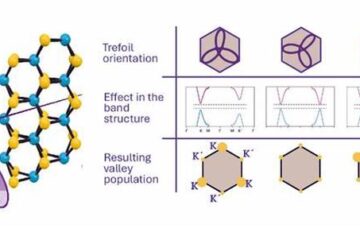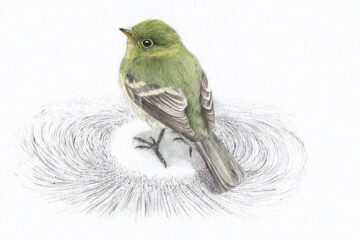A fishy change in diet

McGill research shows fish eating junk food
The junk food phenomena has hit bottom- the bottom of the St. Lawrence River. According to McGill University researchers, some freshwater fish are opting out of their usual diet of insects and crustaceans and dining instead on invasive European quagga mussels: the River’s junk food. This change may have negative effects on fish growth and may also affect other freshwater animals. Although this research is focused on the St. Lawrence River, this problem may be more wide-spread, affecting other freshwater systems.
“We found mussel shells and whole mussels in the stomachs of nearly 60 percent of the examined fish,” says McGill University biologist and lead author Anthony Ricciardi. “This is a concern because mussels are not an adequate nutrition source for the fish. Furthermore, mussels contain toxins, such as PCBs and botulism toxin (food poisoning), which may kill the fish or their predators.”
Similar “junk food” diets have had a negative impact on the Great Lakes. In these systems fish that eat quagga mussels are contaminated with the toxins present in the mussels. This in turn, has resulted in the death of more than tens of thousands of fish-eating birds, including common loons, mergansers and gulls. “We are seeing a ripple affect, whereby one change – the change of a fish’s diet, works its way up and affects the food chain,” says Ricciardi. “As a result we may see a greater contamination of the fish meant for human consumption. We are hopeful our observations will lead to a greater appreciation of how changes in fish behaviour can affect ecosystem processes”
Media Contact
More Information:
http://www.mcgill.caAll latest news from the category: Life Sciences and Chemistry
Articles and reports from the Life Sciences and chemistry area deal with applied and basic research into modern biology, chemistry and human medicine.
Valuable information can be found on a range of life sciences fields including bacteriology, biochemistry, bionics, bioinformatics, biophysics, biotechnology, genetics, geobotany, human biology, marine biology, microbiology, molecular biology, cellular biology, zoology, bioinorganic chemistry, microchemistry and environmental chemistry.
Newest articles

Targeted use of enfortumab vedotin for the treatment of advanced urothelial carcinoma
New study identifies NECTIN4 amplification as a promising biomarker – Under the leadership of PD Dr. Niklas Klümper, Assistant Physician at the Department of Urology at the University Hospital Bonn…

A novel universal light-based technique
…to control valley polarization in bulk materials. An international team of researchers reports in Nature a new method that achieves valley polarization in centrosymmetric bulk materials in a non-material-specific way…

How evolution has optimised the magnetic sensor in birds
The magnetic sense of migratory birds is probably based on the protein cryptochrome 4, and a genetic study has now provided further support for this theory. A team of researchers…





















